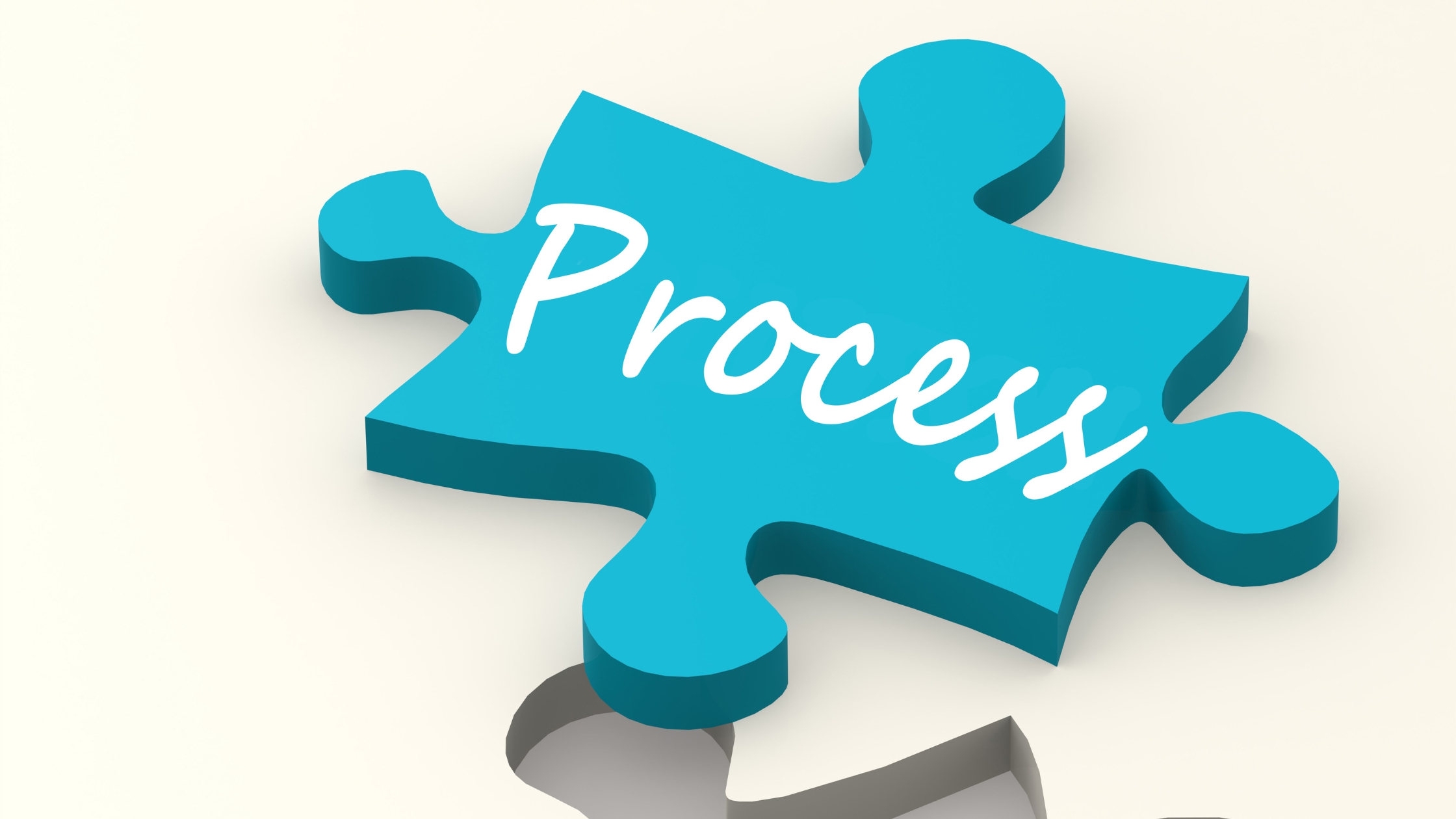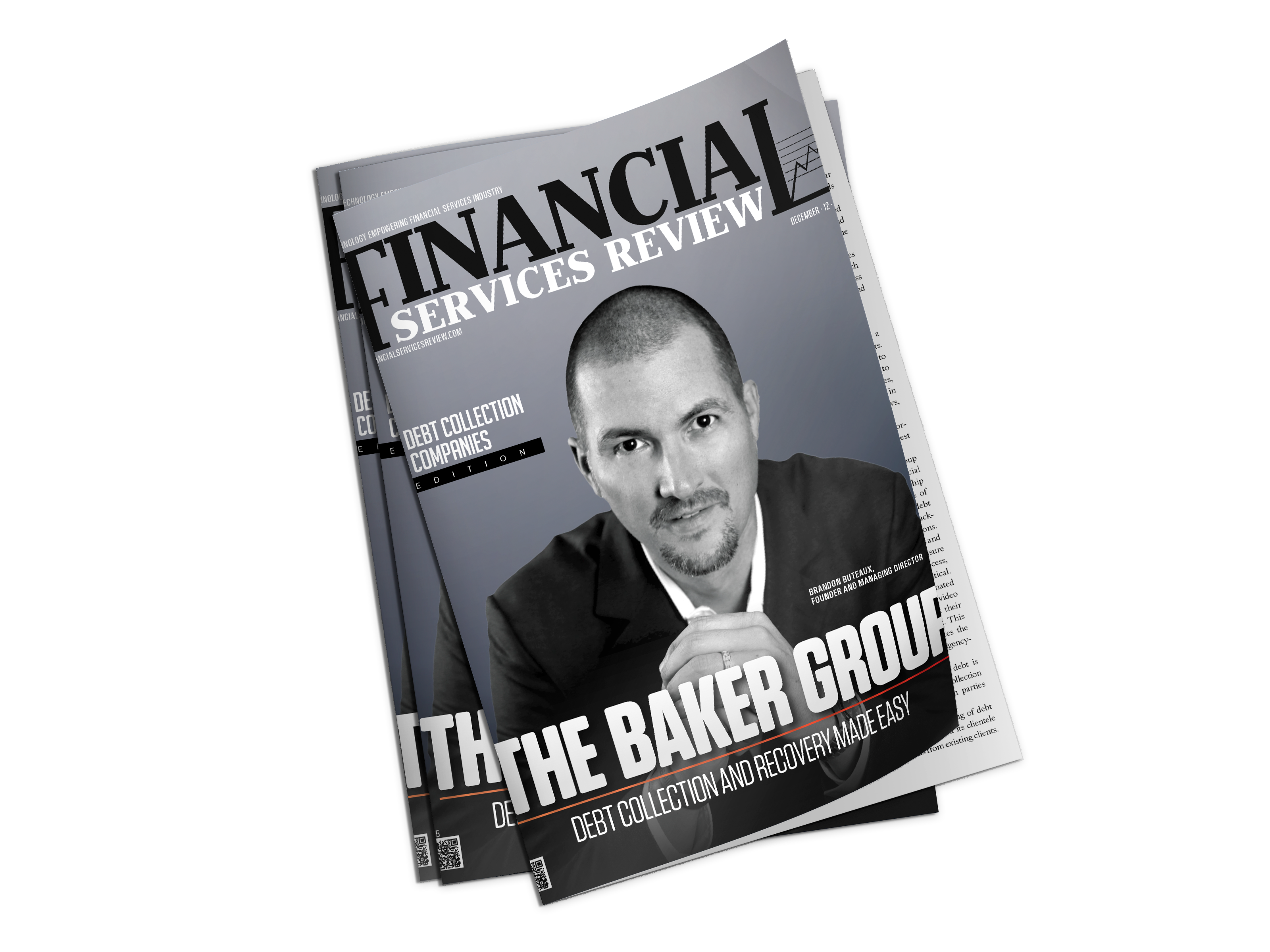Navigating Debt Negotiation: What to Expect and How to Prepare
Navigating Debt Negotiation: Falling into debt can be an incredibly stressful and overwhelming experience. If you’re struggling to manage your debts, it’s important to understand that you have options. Debt negotiation can offer a path toward resolving your outstanding balances–but it’s a process that requires careful planning and knowledge of your rights.
Here at the Baker Group, we understand the complexities of debt negotiation. We’re here to help you navigate the process, providing the resources and guidance you need.
What is Debt Negotiation?
Debt negotiation involves working with your creditors or a debt collection agency to reach an agreement to pay off your debt, often for less than the full amount owed. This can be done through a lump-sum payment or a structured payment plan.
When to Consider Debt Negotiation
Debt negotiation may be a viable option for you if:
- You’re behind on payments: If you find yourself increasingly unable to meet your minimum debt obligations, it’s wise to seek help.
- You can’t afford the full amount: If your financial situation makes it difficult to pay back the full debt, negotiation can explore alternative solutions.
- You want to avoid more serious consequences: Debt negotiation can help you prevent potentially damaging actions like wage garnishment or lawsuits.
How to Prepare for Debt Negotiation
Before you begin the negotiation process, here’s what you need to do:
- Know your debts: Compile a complete list of all your debts, including the amounts owed, interest rates, and creditors’ contact information.
- Understand your financial situation: Create a detailed budget tracking your income and expenses. This will show how much you have available to put toward debt repayment.
- Determine your priorities: Decide which debts you want to negotiate first. Prioritize those with higher interest rates or those that are closer to collections action.
- Research your options: Look into different methods of debt negotiation, such as working directly with the creditor, hiring a debt settlement company, or using a credit counseling service.
The Negotiation Process
- Contact your creditor: Reach out to your creditor or debt collection agency. Communicate your hardship directly and express your desire to negotiate a solution.
- Make an offer: Don’t be afraid to start with a lower offer than what you can realistically afford. Be ready to negotiate and find a middle ground.
- Get it in writing: If you reach an agreement, make sure everything is documented in writing. This agreement should detail the new payment terms, including any revised amounts, schedules, and interest rates.
Important Considerations
- Understand the impact on your credit: Debt negotiation can negatively affect your credit score, so be prepared for this before entering negotiations.
- Be aware of potential fees: If you are working with a debt settlement company, they will likely charge fees for their services.
- Don’t stop communicating: Keep open channels of communication with your creditors or collection agency throughout the process.
We’re Here to Help
The Baker Group can guide you through the debt negotiation process, helping you find solutions that align with your financial circumstances. Our team has vast experience in negotiating with creditors, and we can help you explore options best suited to your specific situation.
Contact us today for a free consultation and regain control of your financial future.










